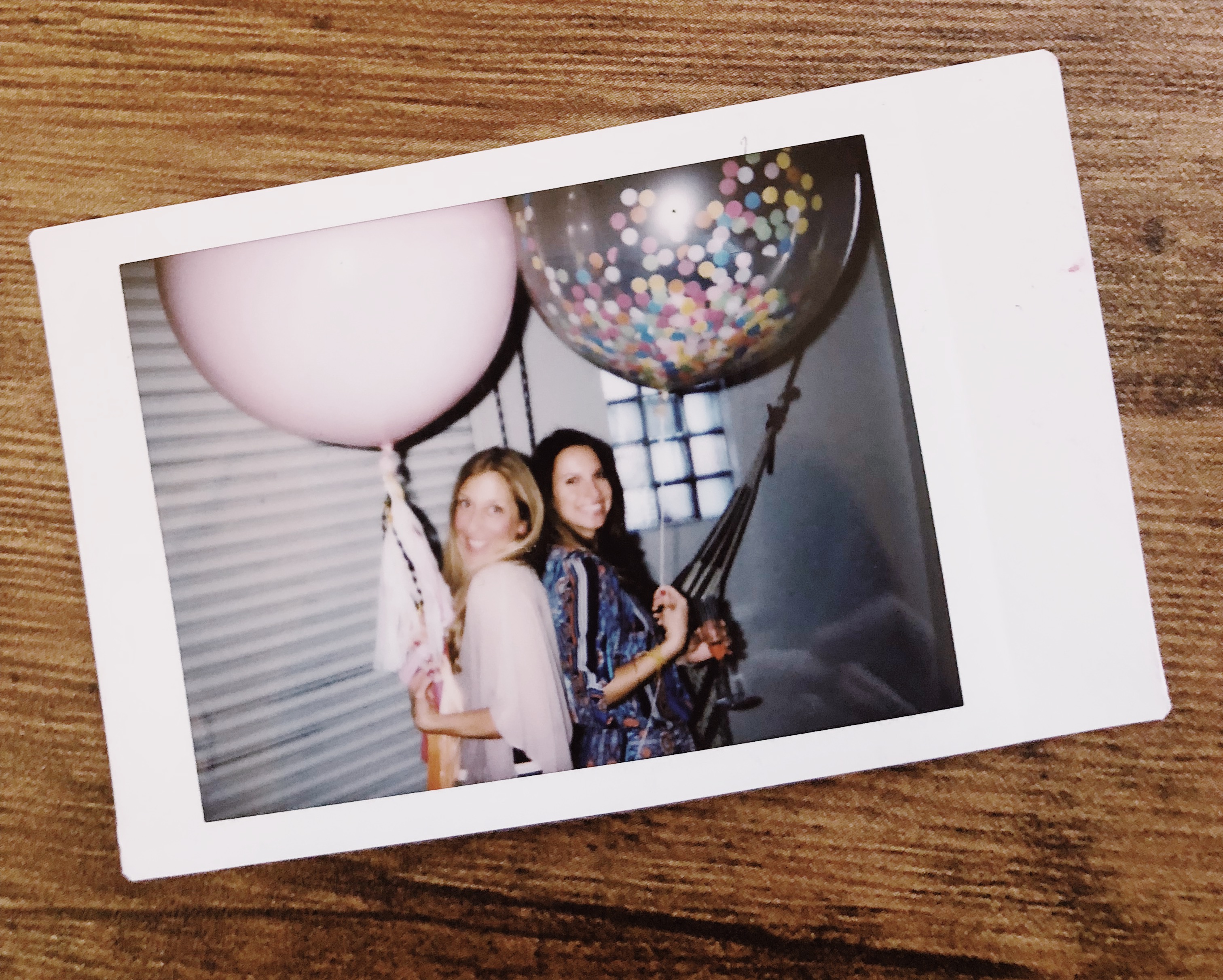I’m in the process of publishing a book, a collection of essays from my twenties.
As one of my favorite writer’s William Zinsser said, there are many reasons to write our story besides publication and fame. It’s therapeutic and we can leave it behind for our children to know who we were, to name a few.
When I began my memoir, I never envisioned a finalized piece for publication. I wanted to capture an important decade which was coming to a close. Graduating from my twenties felt like a momentous event, and one where I should time-capsule and process some of my first and most groundbreaking self discoveries on relationships, sex, work–– all the life decisions.
I liked Zinsser’s notion that this is about more than the almighty publishing landmark, it’s about preserving history.
When I was doing research on my former self from another era, I realized just how much my perspective has shifted. In one of my favorite Modern Family episodes, Claire expressly states people don’t change. According to her, we remain largely the same except for a 10% margin of wiggle room. It’s a small area of change to work with.
Prior to beginning this project, I was clear on one thing: I am an entirely different person. If I were to meet my 22 year-old self for a cocktail, we’d have a lot to talk about. Our life, our worries, our desires, our self-esteem, nothing would be the same. This convinced me that Claire was wrong, we must have a wider margin to play with when it comes to our evolution.
Revisiting these lessons felt like being on a coffee date with an old friend I hadn’t seen in a long time. The ghost of my college Facebook profile was a past life to me that I was able to disassociate from. None of it felt like me.
And then, I crept up on myself. The stories began to tickle a little corner of my brain and I was transported back to another time and place. A slice of my history where the clothes, the hair, the makeup and the old belief system instantly became mine again. I felt as close to me as the day I was there. Suddenly, that 10% wiggle room started to sound like a lot of slack because… oh my god, I am still me.
Like most younger people who don’t realize how good they have it or how close they are to breaking through something, I spent far too much of my twenties in a constant sprint to the milestones I am currently living. I was rarely present and I yearned for a future filled with partnership, properly styled hair and a minimum loss of 5 pounds.
It was painful to remember how little I appreciated that time, though there were some beautiful moments where I connected with my higher self and remained in my experience. Thank the gods, there were enough of those moments in between my bullshit that carried me to my next decade in a stronger and more open minded condition.
I consider my present-day life proof of this work, even though that margin of error still creeps up as a little space in my mind that wants to be someone else. Maybe by 40 it’ll leave, let’s see.
As it turns out, when I surrendered to the process of writing for writing’s sake – not to chase the result of publication – my story flowed. It first came out in fiction format as I got into character for 3 months straight remembering who I was and what I really thought in those moments of my twenties. My current self was not allowed in this recording phase to bail out my past.
I finished that manuscript feeling like two people sat to type it out and I got to say goodbye to my former self in a poetic way… and then I read it… and it was horse crap.
It was some hot garbage that made me want to blame past me for my sophomoric tone and whiny Millennialisms. Luckily, my voice of reason prevailed with the truth: Yes, this isn’t great. But the first draft isn’t meant to be. Some parts are good, some don’t need to see the light of day. We will fix it.
And like the guiding force of white light I rarely access, I allowed my higher self to revisit the work, take out what wasn’t working and add what was missing.
The result is a short book written in chronological essay format.
It’s a debt paid to my younger comrade who was unappreciative to the process of being young and getting to discover myself. In my own secular way, it’s a commune with the divine gods of the early twenties, a trip back in time to a life I wanted desperately to fast forward. But mostly, it’s a long love letter to myself on how to mind the gap and diminish that margin of error that fantasizes about the future.
